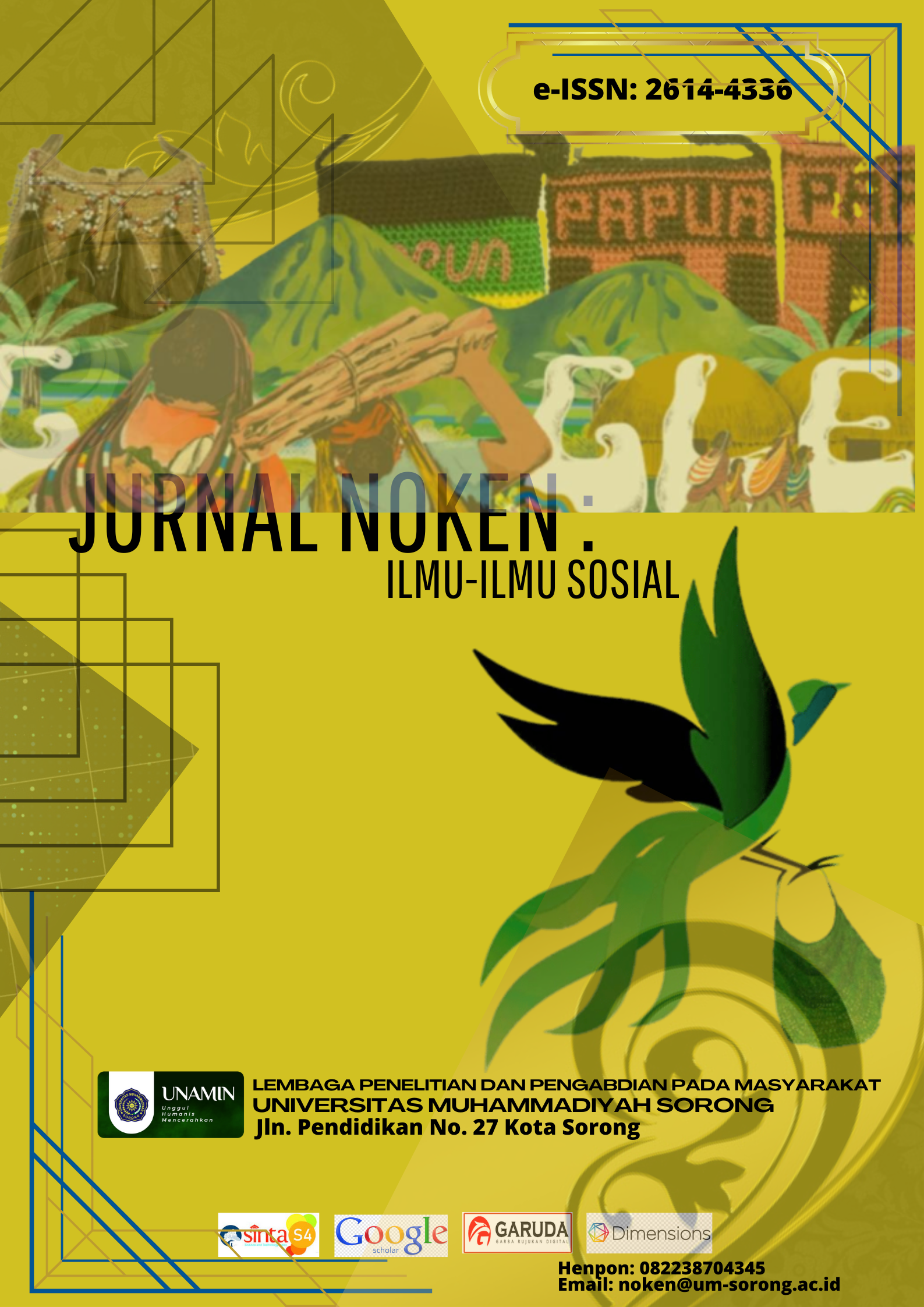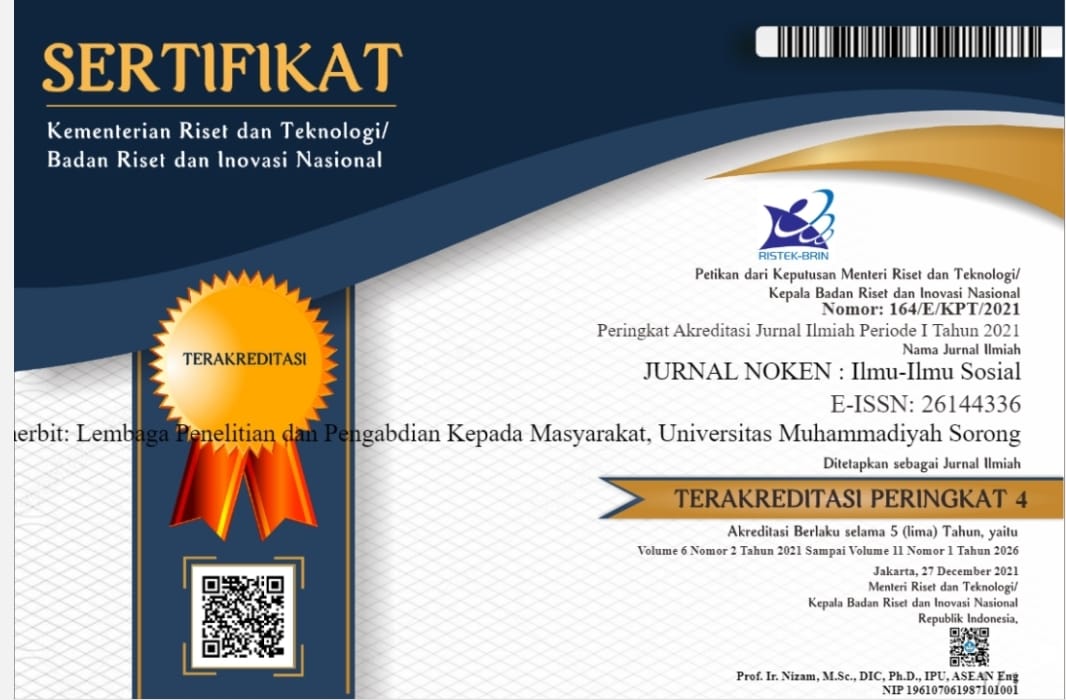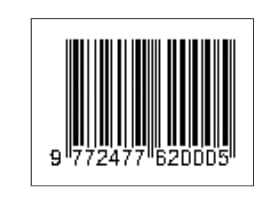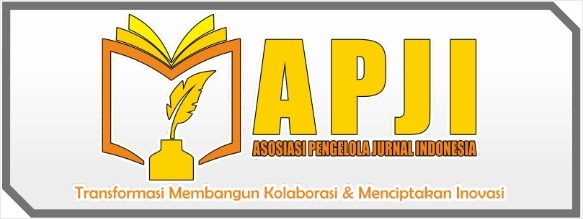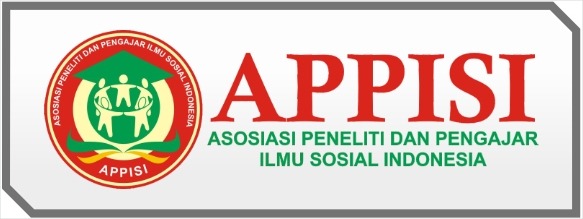Kontribusi Aktor Nonnegara dalam SDGs: Studi Mengenai Schoters dalam Pembelajaran Berbasis Digital Indonesia
DOI:
https://doi.org/10.33506/jn.v11i1.4431Keywords:
Aktor_Non-negara, Pembangunan_Berkelanjutan, Pembelajaran_Berbasis_Digital, Schoters, SDGsAbstract
Quality education is a key factor in achieving sustainable development, yet Indonesia continues to face challenges related to inequality in access, regional disparities, and limitations in formal education resources. In this context, non-state actors like Schoters play a relevant role by introducing innovations in non-formal, technology-based education. This study aims to explore how Schoters contributes to the achievement of Sustainable Development Goal (SDG) 4: inclusive, equitable, and quality education. Using a descriptive qualitative approach, data were collected through semi-structured interviews and online document analysis. The findings indicate that Schoters successfully builds a digital learning ecosystem through mentorship, structured learning plans, and interactive consultation services, reflecting the three key interactions in online learning communities. Moreover, Schoters’ initiatives indirectly support the alleviation of poverty (SDG 1) and the provision of decent work and economic growth (SDG 8) by opening access to international education and career opportunities. Community-based strategies, cross-subsidization, and the use of digital platforms have helped Schoters extend its educational reach. This study concludes that innovation by non-state actors can complement public policy in supporting sustainable education transformation in Indonesia.
References
Abera, H. G. (2023). The Role of Education in Achieving the Sustainable Development Goals (SDGs): A Global Evidence Based Research Article. International Journal of Social Science and Education Research Studies, 03(01), 67–81. https://doi.org/10.55677/ijssers/v03i1y2023-09
Anderson, T. (2004). Theory and Practice of Online Learning (2nd Edition). In Athabasca University Press. https://www.aupress.ca/app/uploads/120146_99Z_Anderson_2008-Theory_and_Practice_of_Online_Learning.pdf
Centeno, M. A., & Cohen, J. N. (2012). The arc of neoliberalism. Annual Review of Sociology, 38, 317–340. https://doi.org/10.1146/annurev-soc-081309-150235
Elliott, J. (2012). An Introduction to Sustainable Development. In Routledge (Vol. 37, Issue 08). Routledge. https://doi.org/10.4324/9780203844175
Fitriana, W., Agnesti, M., Rahmah, M., Imawan, K., & Erawati, D. (2024). The Effect of @schoters Social Media Content : How Gen Z’s Social Engagement Shapes Scholarship Choices. Asian Journal of Social and Humanities, 2(10), 2211–2223. https://doi.org/10.59888/ajosh.v2i10.334
Hamzah, A. M., Turmudi, & Dahlan, J. A. (2023). Trends in International Mathematics and Science Study (TIMSS) as A Measurement for Student Mathematics Assessment Development. 12 Waiheru, 9(2), 189–196. https://doi.org/10.47655/12waiheru.v9i2.144
Hanushek, E. A., & Woessmann, L. (2015). Universal Basic Skills: What Countries Stand to Gain. In OECD Publishing. https://doi.org/10.1787/9789264234833-en
Heywood, A. (2014). Global Politics (2nd Edition). Pelgrave Macmillan.
Nurdin, A. (2016). Pendidikan Life Skill dalam Menumbuhkan Kewirausahaan pada Peserta Didik Pendidikan Nonformal Paket C. TARBAWI, 2(02), 109–118.
OECD. (2023). Pisa 2022 Results: The State of Learning and Equity in Education (Volume I). In OECD Publishing: Vol. I. https://www.oecd-ilibrary.org/education/pisa-2022-results-volume-i_53f23881-en%0Ahttps://www.oecd.org/publication/pisa-2022-results/country-notes/germany-1a2cf137/
Pan, L. (2022). The Development and Prospect of Neoliberalism International Relations Theory. Journal of Education, Humanities and Social Sciences, 1, 266–272. https://doi.org/10.54097/ehss.v1i.671
Permatasari, I., Nau, N. U., & Hergianasari, P. (2023). PERAN NGO DALAM MENDUKUNG SDGs PENDIDIKAN BERKUALITAS ( STUDI KASUS: PROJECT CHILD INDONESIA DI YOGYAKARTA (2018-2022). Jurnal Ilmiah Multidisiplin, 2(04), 19–34. https://doi.org/10.56127/jukim.v2i04.749
Putri, N. I., Herdiana, Y., Munawar, Z., & Komalasari, R. (2021). Teknologi Pendidikan dan Transformasi Digital di Masa Pandemi COVID-19. Jurnal ICT : Information Communication & Technology, 20(1), 53–57. https://www.researchgate.net/publication/353479868_Teknologi_Pendidikan_dan_Transformasi_Digital_di_Masa_Pandemi_COVID-19
Ranty, T. (2019). Peran multinational corporation dalam mendukung pencapaian target Sustainable Development Goals di bidang penyerapan tenaga kerja: Studi PT. Charoen Pokphand Indonesia Tbk, di Salatiga. Universitas Kristen Wacana Salatiga.
Schoters. (n.d.). ABOUT US PAGE SCHOTERS. https://www.schoters.com/id/about-us
Undang-Undang Republik Indonesia Nomor 20 Tahun 2003 tentang Sistem Pendidikan Nasional, Lembaran Negara Republik Indonesia Tahun 2003 Nomor 78 (2003). https://peraturan.bpk.go.id/Home/Details/43920/uu-no-20-tahun-2003
UNDP. (n.d.). Sustainable Development Goals. https://www.undp.org/sustainable-development-goals
Wahyudi, L. E., Mulyana, A., Dhiaz, A., Ghandari, D., Putra Dinata, Z., Fitoriq, M., & Hasyim, M. N. (2022). Mengukur kualitas pendidikan di Indonesia. Ma’arif Journal of Education, Madrasah Innovation and Aswaja Studies, 1(1), 18–22. https://doi.org/10.69966/mjemias.v1i1.3
Wang, C., Zhang, M., Sesunan, A., & Yolanda, L. (2023). Peran Tknologi dalam Transformasi Pendidikan di Indonesia: Tinjauan dampak terkini gerakan Merdeka Belajar. In Oliver Wyman. https://static.skm.kemdikbud.go.id/announcements/28942fb9-334d-4fb5-9ce2-56f7ddce4d48-Indonesias-K-12-Education-Quality-Improvement-Bahasa-05122023.pdf
WCED. (1987). Report of the World Commission on Environment and Development : note / by the Secretary-General. https://digitallibrary.un.org/record/139811?ln=en&v=pdf
Downloads
Published
How to Cite
Issue
Section
License
Copyright (c) 2025 Nadya Fitri Alia, Windy Dermawan

This work is licensed under a Creative Commons Attribution-ShareAlike 4.0 International License.

